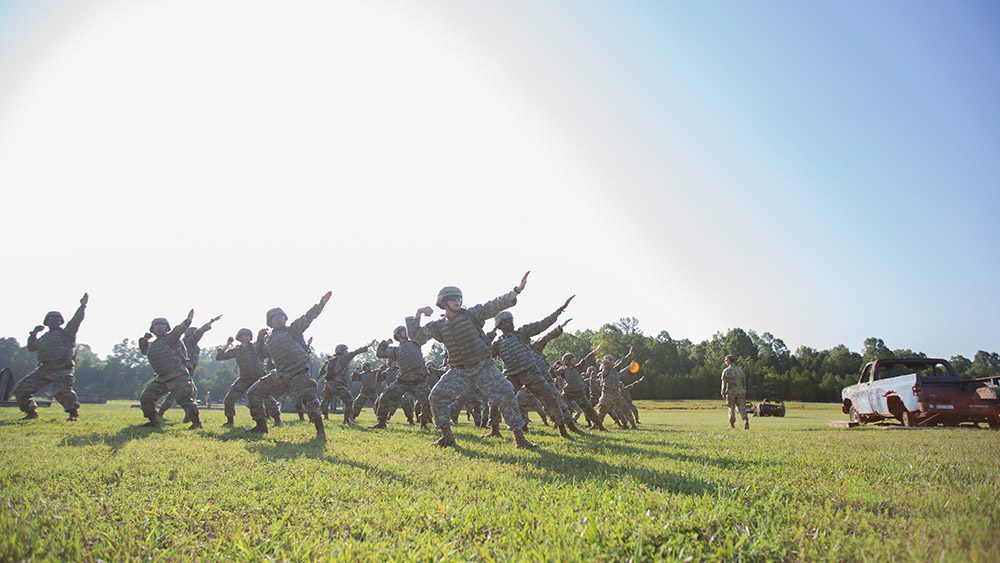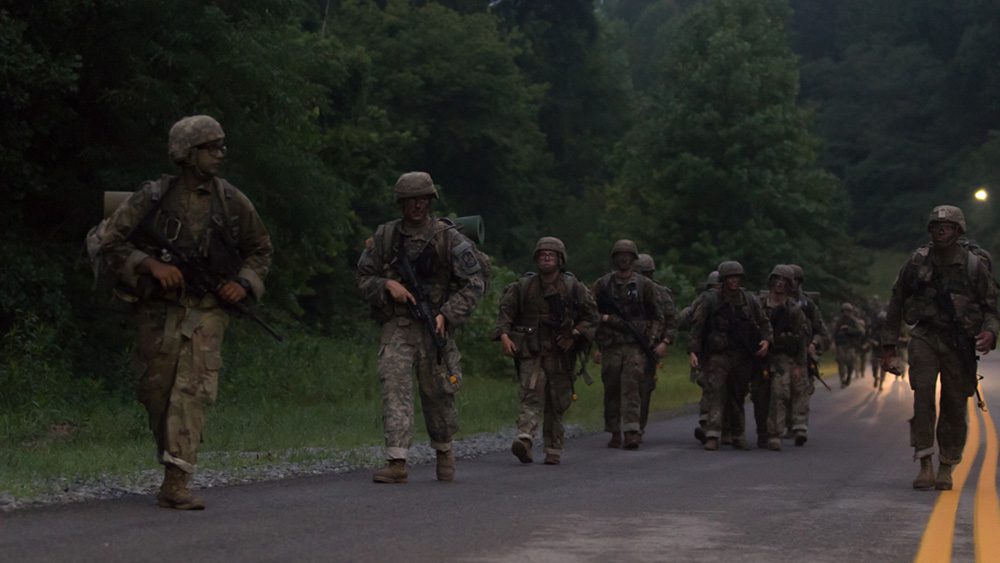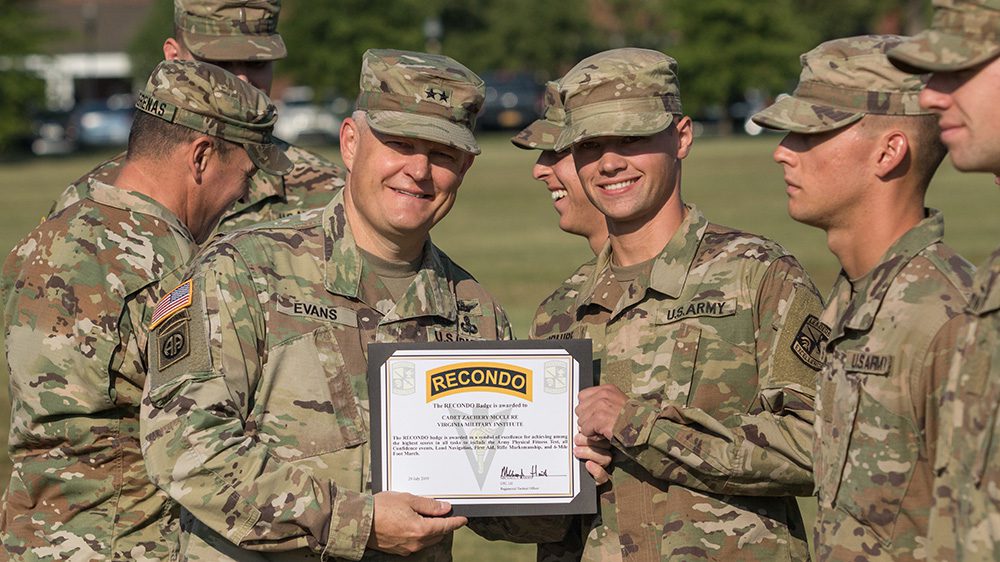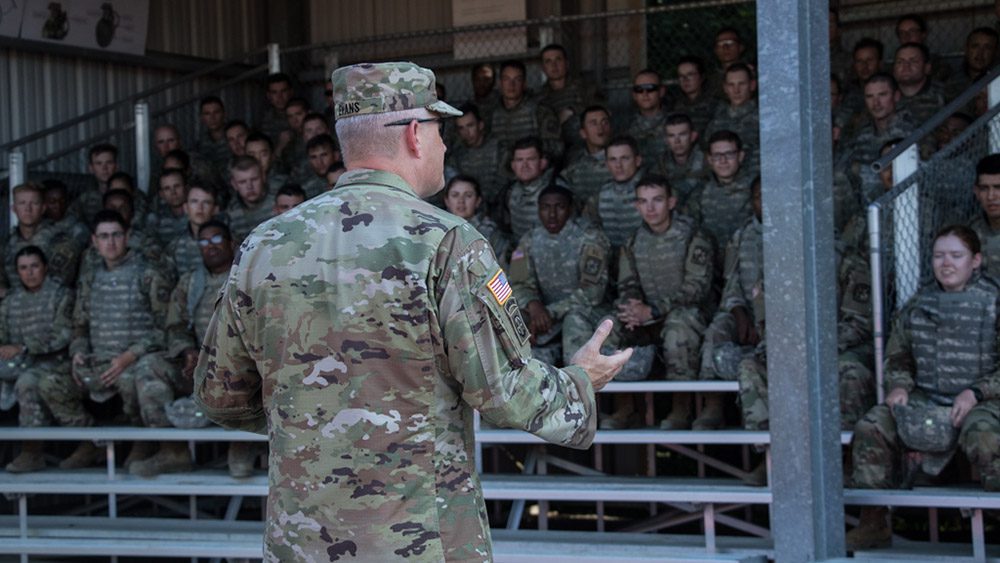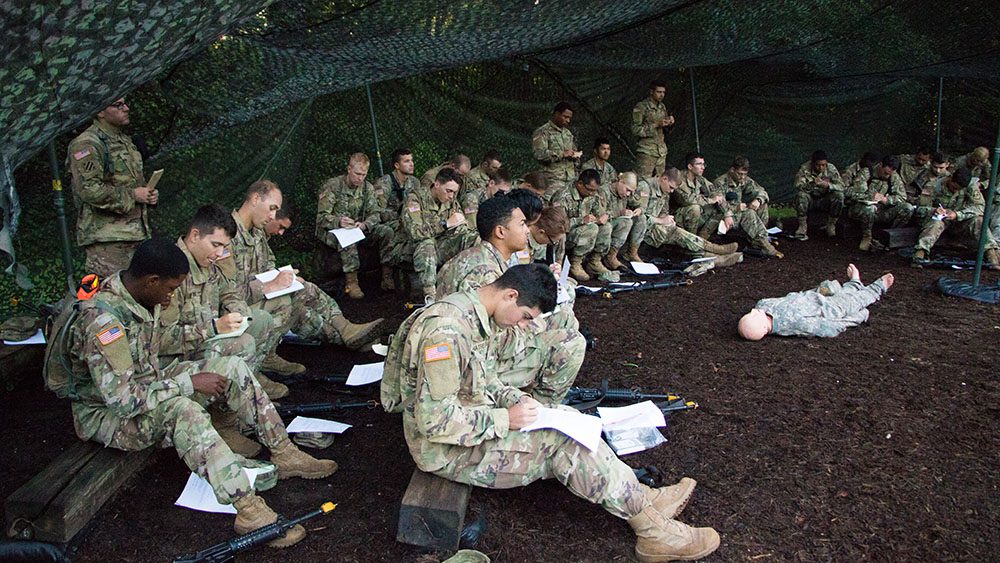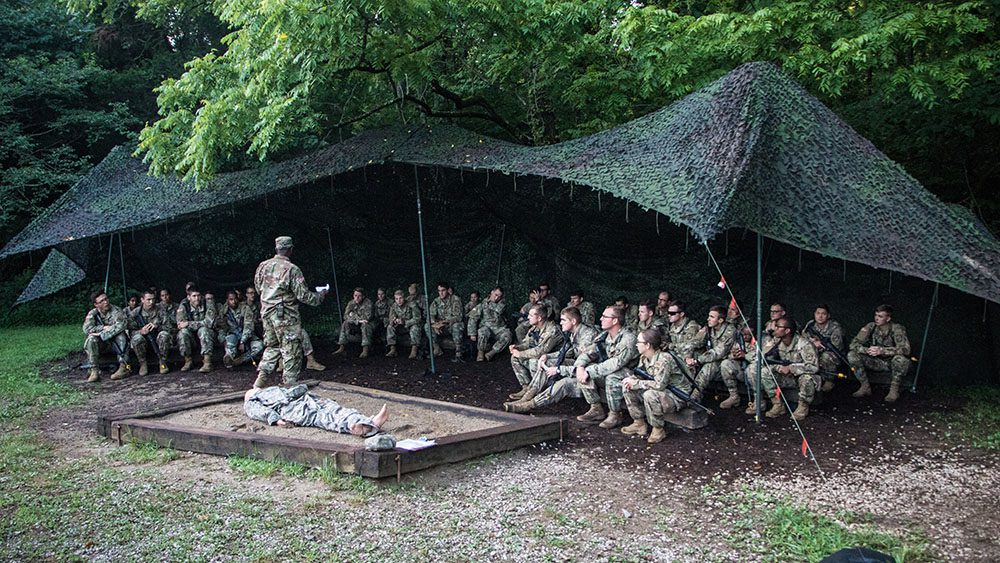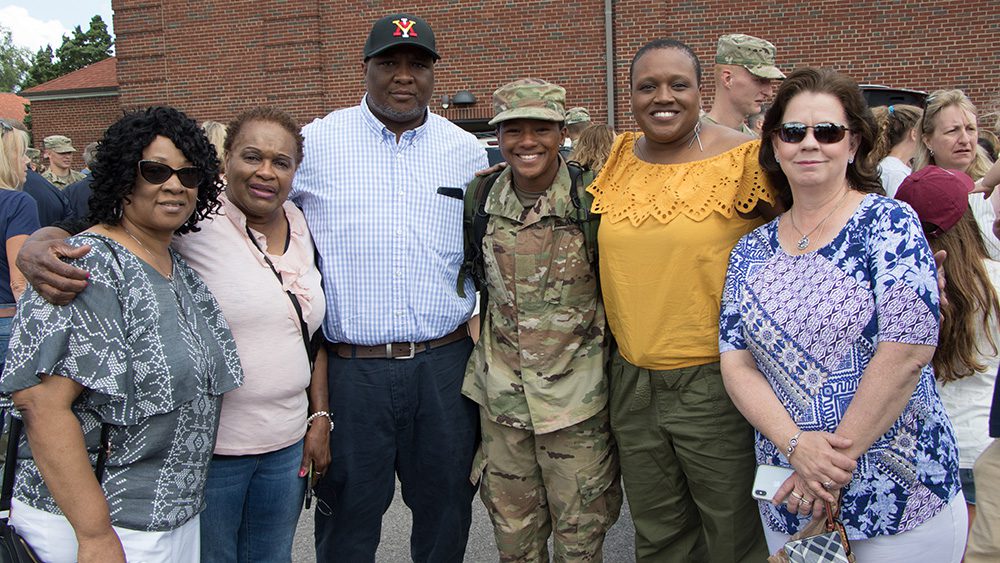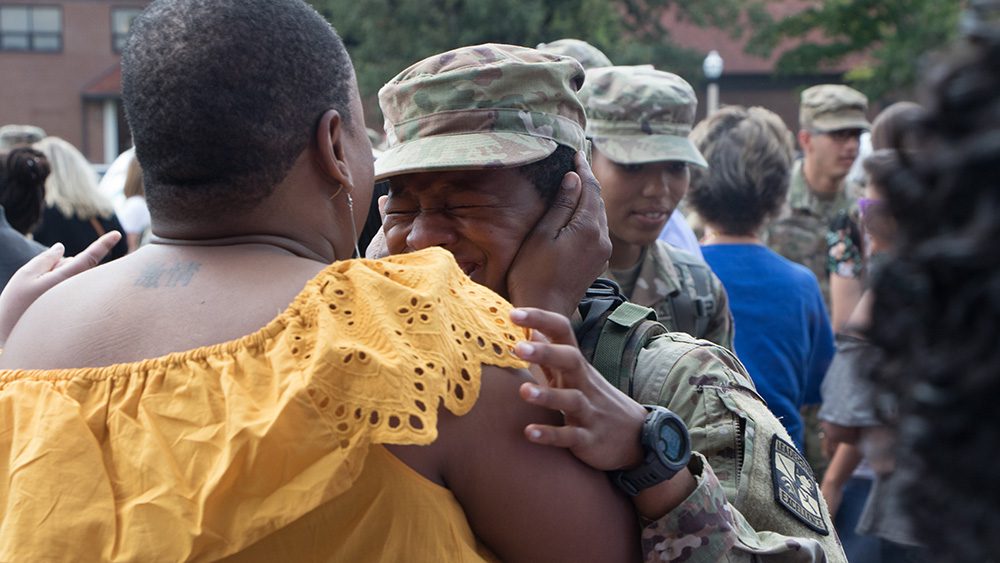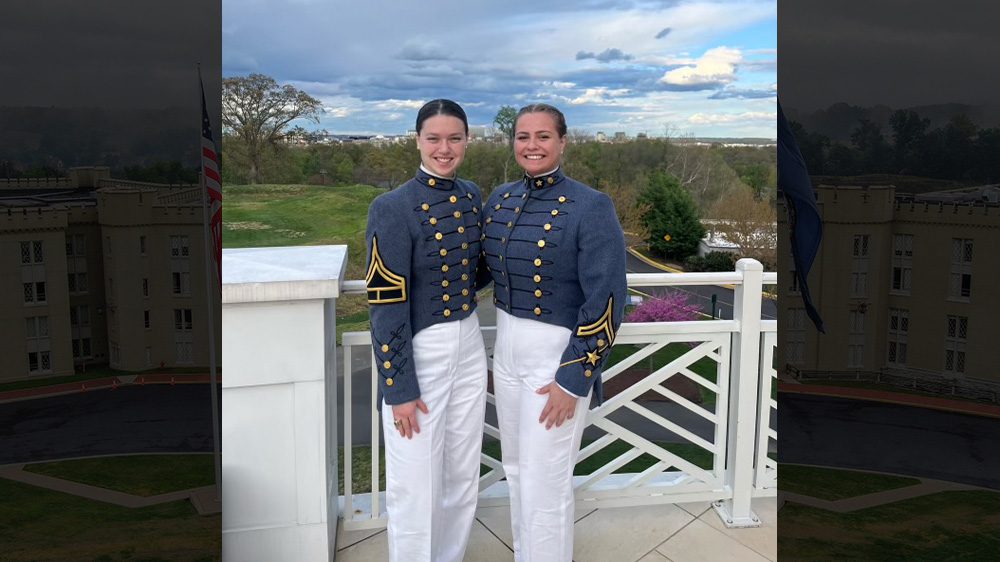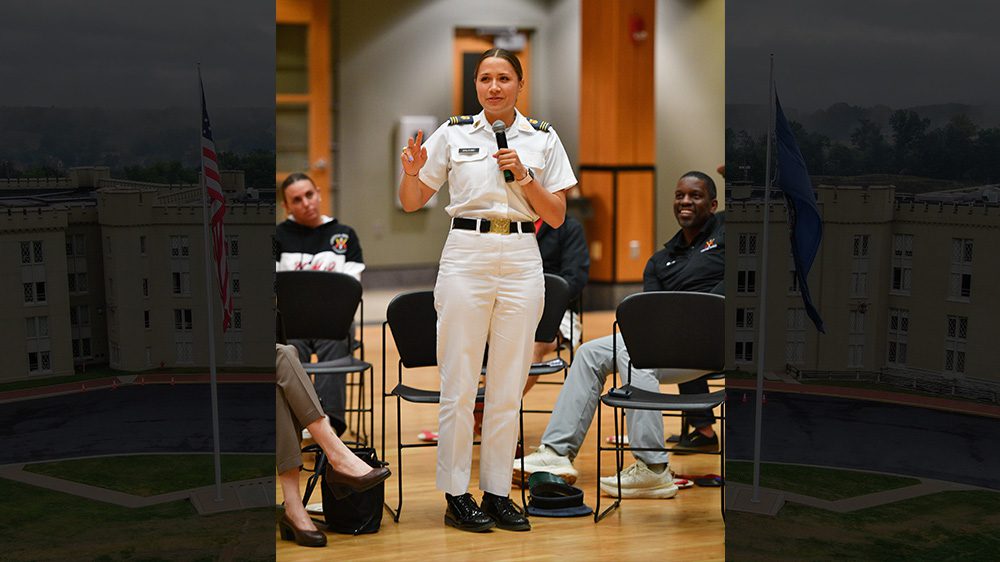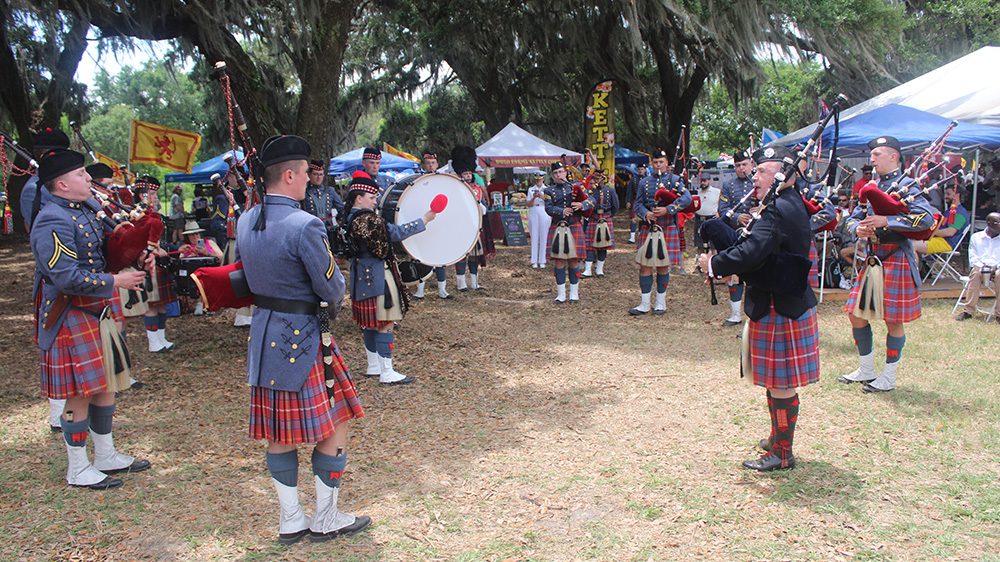What’s more, an entire new program for Naval ROTC – Naval Student Indoctrination – has been canceled. That event, which would have been held at Naval Station Great Lakes near Chicago, Illinois, would have been mandatory for both incoming rats and rising 3rd Class cadets enrolled in Naval ROTC.
Foote commented that there would have been “an extremely large number” of Naval ROTC cadets attending summer training if the coronavirus pandemic not intervened.
On May 12, the Army Times reported that ROTC Cadet Summer Training had been canceled. The decision came just 12 days before the first individuals were due to report for training in Fort Knox, Kentucky. Training will take place this fall and next spring instead, but at individual ROTC units, not Fort Knox. The Army Times also reported that performance at training will not affect branch selection for this cohort of cadets.
The Army’s Cadet Command has “implemented a robust training plan called Operation Agile Leader,” said Lt. Col. Josh Burdett, VMI Army ROTC executive officer. This operation moves Cadet Summer Training requirements from their normal summer home at Fort Knox to campuses and training areas around the country during the 2020-21 academic year.
VMI is a Senior Military College, meaning ROTC programs at the Institute are “distinctive from other ROTC programs due to their size, resources and academic environment,” Burdett explained. For VMI Army ROTC cadets, this means their Agile Leader training will take place primarily at VMI, using VMI resources. Other, smaller programs will need to look beyond their campuses and cadets to complete almost all necessary training.
“What makes VMI Army ROTC’s situation exceptional is the remarkable facilities available and the unparalleled support of the VMI faculty, staff and leadership,” Burdett said. “Army ROTC instructors are working in close cooperation with VMI faculty to plan and program Agile Leader training events while limiting disruption of cadet academic requirements. The majority of the Agile Leader individual and collective tasks can and will be performed in the fall semester on campus and in the local area during academically programmed labs, weekend training sessions (control times) and a 72-96 hour fall field training exercise. Any training that cannot be conducted in the immediate area will be performed at the outstanding Army training facilities across the Commonwealth of Virginia.”
